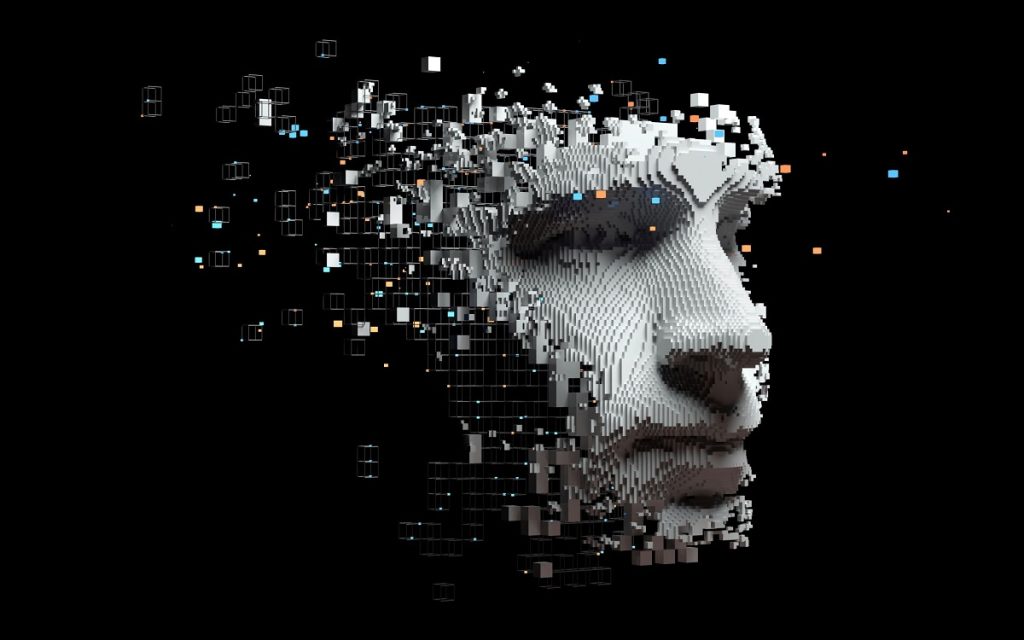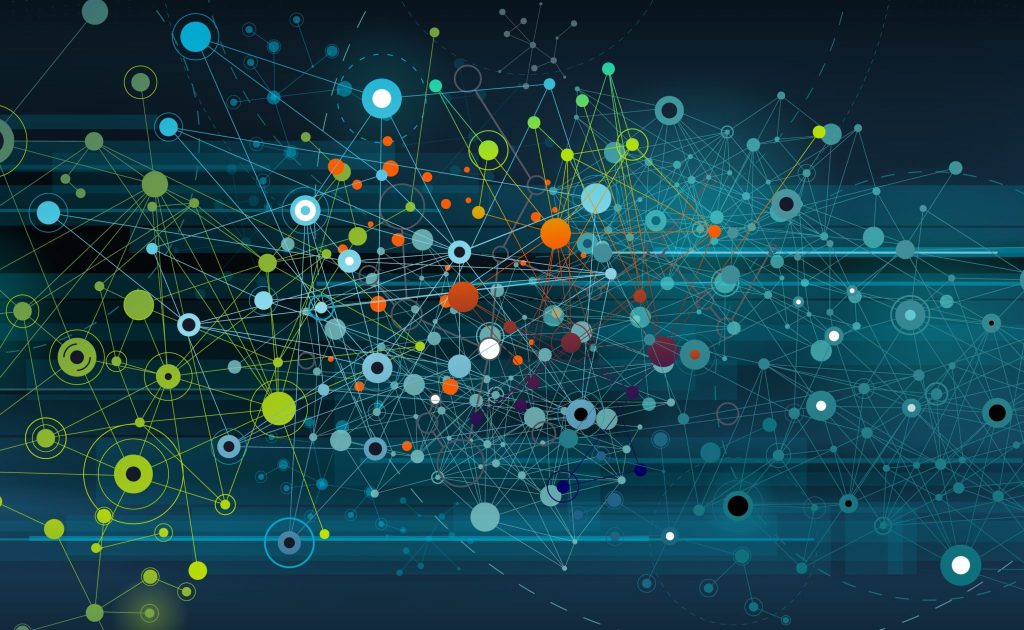In recent years, the intersection of music and technology has given rise to a fascinating and innovative field known as AI music composition. With advancements in artificial intelligence and machine learning, we are witnessing the emergence of AI systems that can generate original musical compositions, collaborate with human musicians, and even compose entire symphonies. In this blog post, we will delve into the world of AI music, exploring its potential, creative applications, and the implications it holds for the future of music.
The Rise of AI in Music

The use of AI in music composition is not a new concept, but recent developments have pushed the boundaries of what is possible. AI algorithms can analyze vast datasets of existing music to identify patterns and styles, enabling them to generate music that mimics the work of renowned composers. This has led to AI-generated pieces that range from classical compositions reminiscent of Mozart to contemporary tracks inspired by artists like The Beatles.
Collaborative Creativity
One of the most intriguing aspects of AI music is its potential to collaborate with human musicians. Musicians can now use AI tools to assist in the creative process, helping them compose melodies, harmonies, and even lyrics. This collaborative approach has opened up new avenues for artists, allowing them to experiment with unique sounds and styles that they might not have considered otherwise. It’s not about replacing human musicians but augmenting their creativity.
Music Personalization
AI music systems also offer a personalized listening experience. Services like Spotify and Pandora use AI algorithms to curate playlists tailored to individual preferences. These algorithms analyze your listening history, musical tastes, and even your mood to create playlists that cater to your specific musical interests. This level of personalization enhances the way we discover and enjoy music, making it a more immersive and enjoyable experience.
Ethical Considerations

While AI music has the potential to revolutionize the music industry, it also raises important ethical questions. For instance, who owns the rights to AI-generated music? Is it the programmer who created the AI system, or is it the AI itself? These questions become even more complex when AI collaborates with human musicians. Additionally, there are concerns about AI potentially devaluing the creative process and reducing opportunities for human artists.
The Future of AI Music
As AI continues to advance, its role in the music industry is likely to expand. We can expect to see AI systems composing entire albums, assisting musicians in real-time performances, and even creating entirely new genres of music. The key challenge will be finding the right balance between the creativity of humans and the capabilities of AI, ensuring that both can coexist and contribute to the rich tapestry of music. In conclusion, the world of AI music composition is a fascinating and evolving field that has the potential to transform how we create, experience, and interact with music. From generating original compositions to collaborating with human musicians, AI is pushing the boundaries of musical creativity. However, as we embrace these technological advancements, it is crucial to address the ethical and creative implications they bring. The future of music is undoubtedly intertwined with AI, and it will be exciting to see how this relationship continues to evolve in the years to come.


Leave a Reply